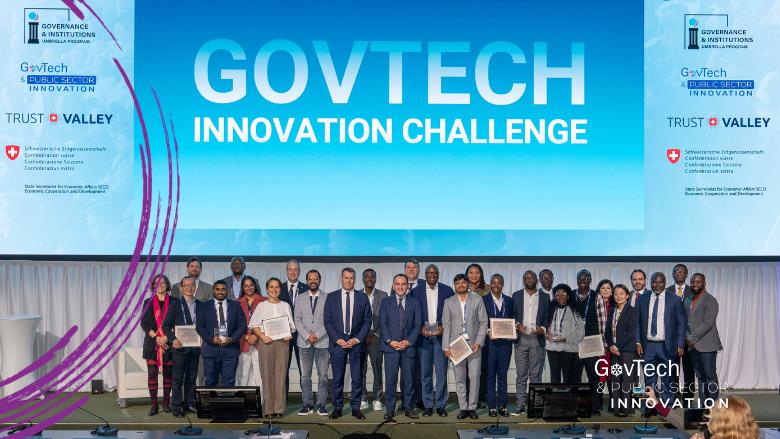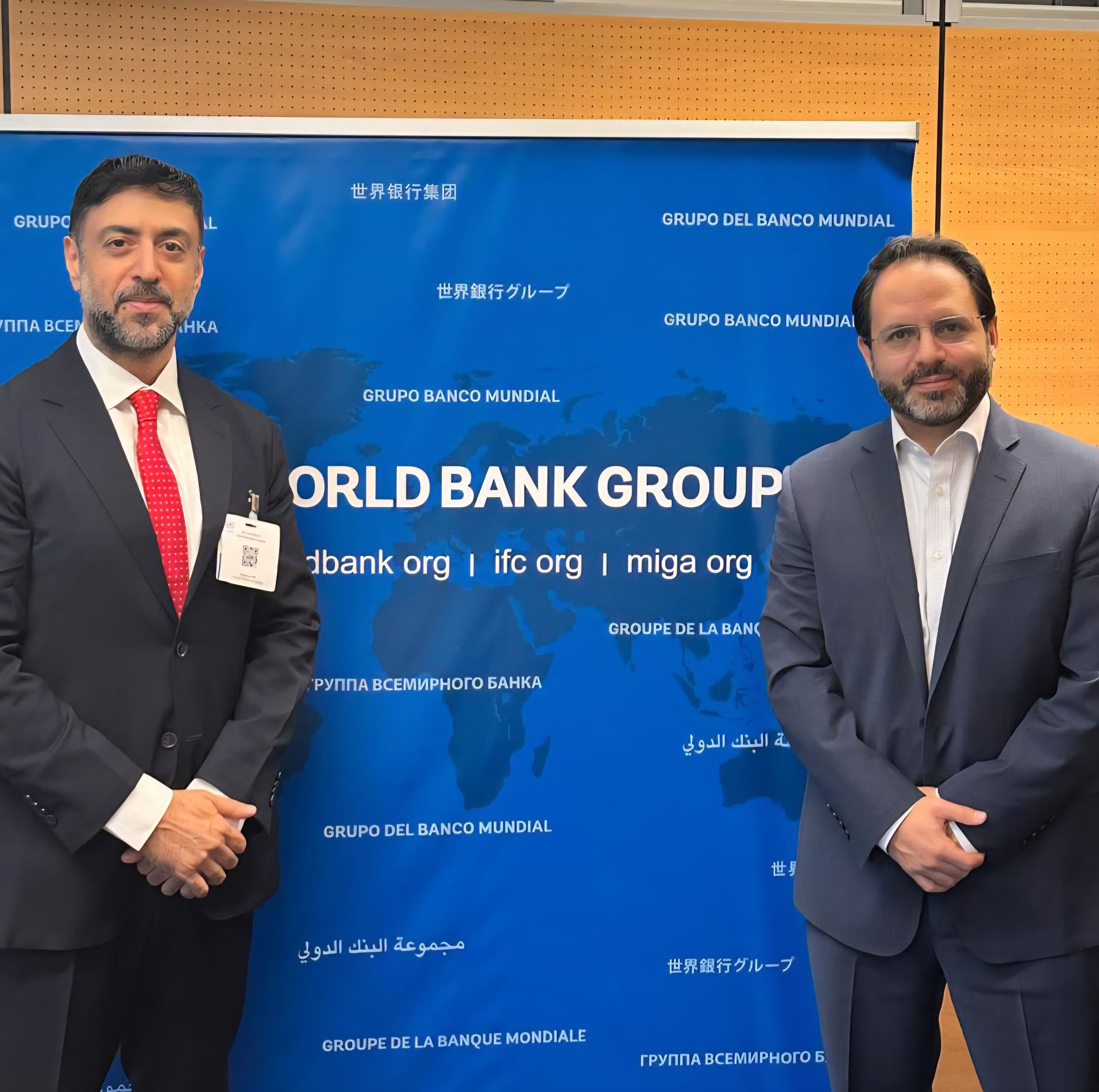Abu Dhabi
Source: Mufakiru Alemarat
Prof Dr. Ali Mohammed Al Khouri
The concept of “triviality” is no longer just a reference to poor content, or superficial thinking, but rather transforms a complex cultural and media structure, leading a process to reshape the collective consciousness of individuals and societies, and rearranging the priorities of influence in public debate spaces.
The most questionable shift is that the world, in its new digital version, does not evaluate people based on the knowledge, thought, or social value they hold; Rather, based on the interactions, followers, and likes they collect; Consideration is given to appearance and external appearance, not content, and ideas are weighed according to their spread, not their content.
During the last decade, we have witnessed an unprecedented acceleration in the dissemination of what can be described as the diarrhea culture”.This culture not only excludes depth, but also openly despises it, and reshapes public taste according to reductive models, based on the vocabulary of excitement, strangeness, and absolute superficiality. It is enough to take a look at the most widespread content on digital platforms to realize the extent of the staggering decline in standards of thinking, behavior, and public taste.
In the Arab context, this phenomenon has acquired a more complex dimension.The cultural structure, which is still searching for its balance, converges with the weakness of the legislative and regulatory structures.To produce an ideal environment for the spread of triviality; And they turn it into a force of influence.
According to a study published by the MeaTechWatch platform in April 2025, the number of social media users in the Arab world is estimated at about 228 million people, in a clear indication of the accelerating digital penetration into daily life.The DataReportal report estimates that the Gulf countries are the most heavily used; The percentage reaches 94% in Saudi Arabia, 112% in the UAE, compared to about 44% in Egypt.
These numbers reveal huge amounts of time consumed by applications, the vast majority of which do not produce real knowledge.It does not stimulate thinking, but rather perpetuates false and distorted perceptions of achievement, personal value, and the individual’s role in life.
What deepens the problem is that the content of platforms does not stop here at the limits of laughter, or reviewing trivial daily moments, but rather goes beyond that to have a profound impact on the formation of the collective mind. Insignificance produces a kind of lazy thinking, encourages passive consumption of knowledge, and closes the individual’s critical horizon; In such a climate, algorithms – which are no longer just software tools, but behavioral guidance systems– – succeed in consolidating this decline.Content favored by the public is heavily re-injected, while intellectual content is marginalized, even if it is of high value; Thus “public demand” becomes the only criterion for digital survival; Regardless of quality, Or truth.
Great philosophers and thinkers have been alerted to this problem for centuries.Socrates said: “Speak so that I can see you”; Likewise, Omar bin Al-Khattab – may God be pleased with him – when he said: “I feared the man until he spoke”; Speech, idea, and statement were, and still are, tools for human evaluation.
As for today; The convincing silence in a well-produced video has become more poignant than a deep text; Instead of “knowledge makers”, ” triviality makers” are now celebrated, who do not provide mind-enriching content, but rather produce bottomless consumer entertainment, whose sole goal is to elicit and amplify interaction, not to build the mind.
This phenomenon is not limited to dressing superficially in a beautiful dress, but rather goes beyond that to establishing a state of psychological and intellectual alienation.A young man who follows influencers on “TikTok”, “Snapchat”, or “Instagram”, where illusions are sold in the form of daily reality, finds himself facing high expectations about life that he does not have the tools to achieve.And here begins the most dangerous cycle, which is anxiety, stress, depression, and lack of self-confidence.

This fact is confirmed by recent studies, such as those issued by the University of New South Wales“in Australia in 2023, that intensive daily use of social media increases the chances of developing depression by 30%, especially in the age group between 14 and 24 years.
The reality that we all live in reveals that this percentage may be higher than that estimated.The psychological effects of social media are not limited to young people; Rather, it extends to include different age groups without exception.
Insignificance, then, is a machine for producing distorted thought that does not distinguish between opinion and information, and between truth and rumour. It is a state that confuses the tools of understanding, confuses perception, and shifts priorities.Under this hegemony, Western nihilistic ideas that promote the idea that there is no point in anything have become more attractive and widespread, taking advantage of an Arab intellectual vacuum, which was inadvertently or negligently left to influencers who have nothing in thought except emotion, and nothing in message except noise.
What is even more worrying is that triviality has become supported by institutional structures, some media, some economic.There are investment funds that support empty content; Because it brings quick profits; There are platforms that promote it; Because it keeps the user taut in front of the screen, and increases the chances of interaction and advertising profits. There is an audience that has become accustomed to this type of content until it sees in it the natural example of what it should be.Regardless of its value or content; In light of this scene, achieving digital proliferation is no longer linked to value or knowledge, but rather to those who dare to break standards, even by absurdity.
As for the strategic level; The continuation of this approach threatens the collapse of the cognitive structure of societies.No nation can achieve sustainable development while honoring content that promotes ridicule of education, mocks science and scientists, or despises language, thought, and culture.The makers of triviality – even if they appear to be harmless individuals – have a cumulative effect equivalent to what soft wars may do in weakening the cognitive and value immunity of societies.
Cultural policy recommendations must move towards building an intelligent environment for content that does not limit itself to censorship, but rather activates tools for directing and stimulating the production of value content. We need visionary Arab platforms that move the public from random consumption to conscious interaction. We need education that restores the status of language, thought, and reason, and awareness campaigns that target the collective mind using modern methods that do not address the mind from above, but rather participate with it in creating solutions.












